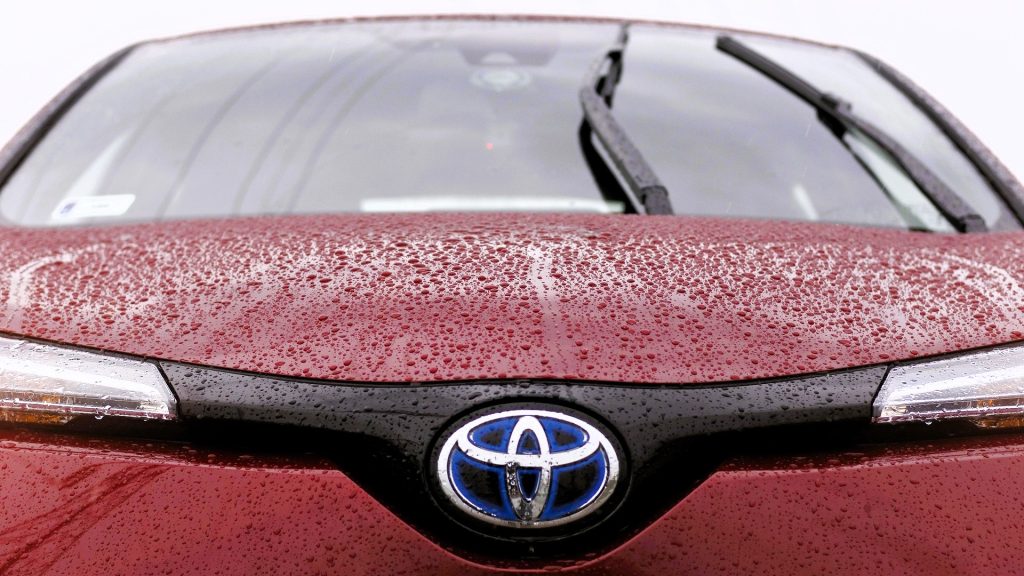The Japanese auto giant is forecasting a decline in profits due to U.S. tariffs.
Others are reading now
Toyota, long seen as a financial powerhouse in the global auto industry, is bracing for a downturn.
The Japanese automaker has warned of a 21% decline in profits by March 2026, driven largely by rising U.S. tariffs and the weakening U.S. dollar.
In its latest financial forecast, Toyota projects a total profit of 3.8 trillion yen, or roughly $24.3 billion USD. That’s down from 4.8 trillion yen (about $30.7 billion USD) in its most recent reporting period — a sharp drop in a highly competitive and increasingly volatile global market.
“This decline reflects a perfect storm of trade pressures and currency challenges,” Reuters reports, citing company estimates and analysis from industry experts.
Also read
Tariffs and Exchange Rates Bite
The U.S., traditionally a stronghold for Toyota, is now a source of financial strain. New American tariffs on Japanese goods are expected to cost the company around 180 billion yen, or approximately $1.15 billion USD.
Even more damaging is the effect of a weaker dollar.
According to Toyota’s internal estimates, the exchange rate fluctuation could cost the company 745 billion yen, or roughly $4.76 billion USD.
“Right now, things are looking rosy in the U.S. because customers are panicking and running to dealerships to buy cars,” said Christopher Richter, an auto analyst at CLSA.
But if tariffs stick, prices will rise — and it’s unclear whether sales will keep up.
In response, Toyota may be forced to invest in new U.S.-based manufacturing facilities to sidestep the tariffs. That would create upfront costs even as profits decline.
A Brighter Picture at Home
Amid the global turbulence, Toyota is seeing growth in its domestic market.
Sales in Japan have risen 18% this year, offering a rare bright spot in its financial outlook.
That domestic strength, however, may not be enough to offset international headwinds. Analysts say the company’s diversified global presence will be both a challenge and a buffer, depending on how long trade tensions persist.
Industry-Wide Uncertainty
Toyota isn’t alone. Other automakers are also adjusting forecasts—or withholding them entirely—in light of the shifting trade and economic environment:
- Ford has refrained from offering detailed future projections.
- Audi is excluding possible tariffs from its planning altogether.
- Polestar has scrapped its 2025 forecast entirely.
The message across the auto sector is clear: uncertainty is the only constant for now.


